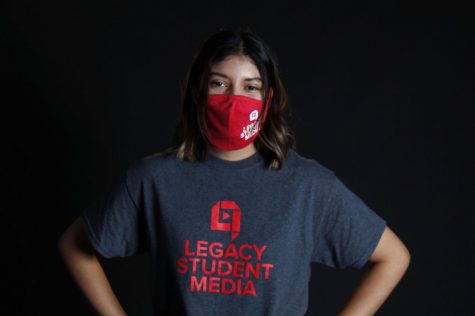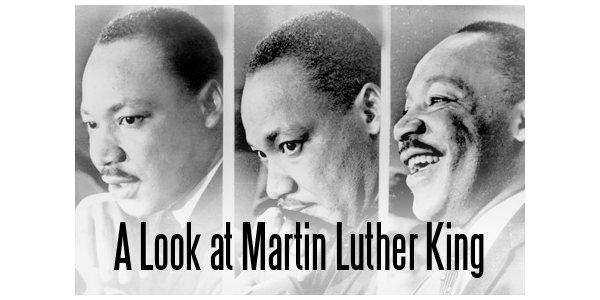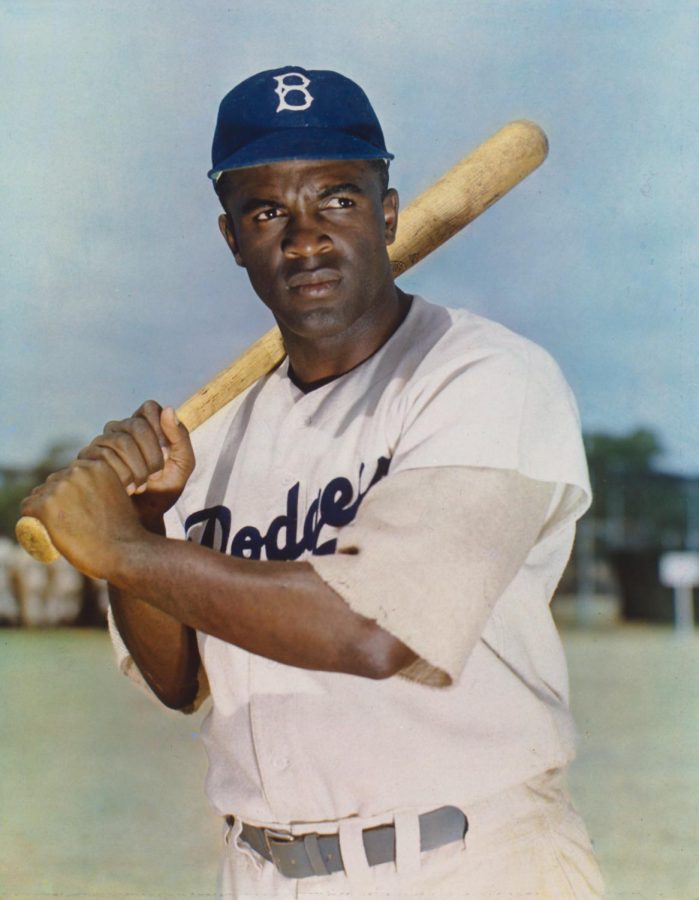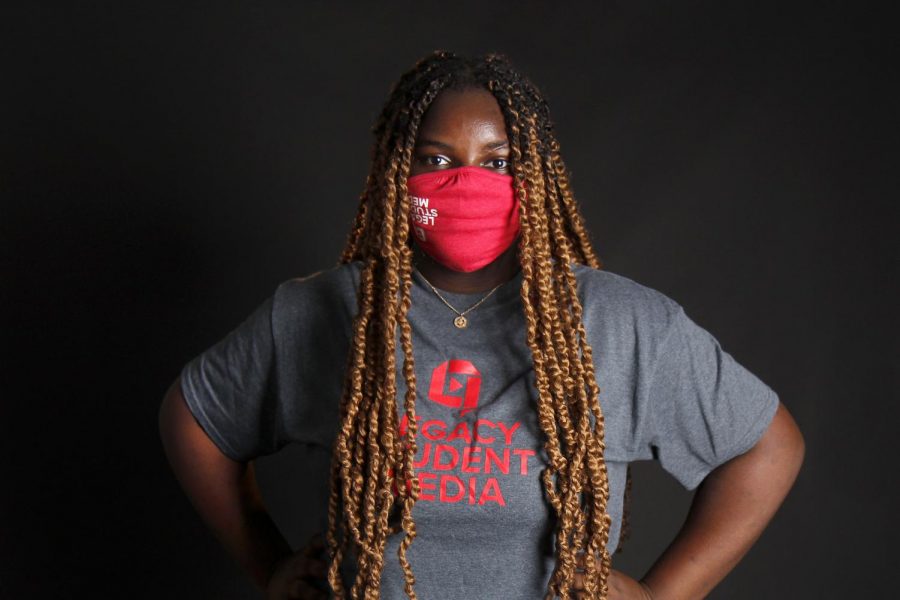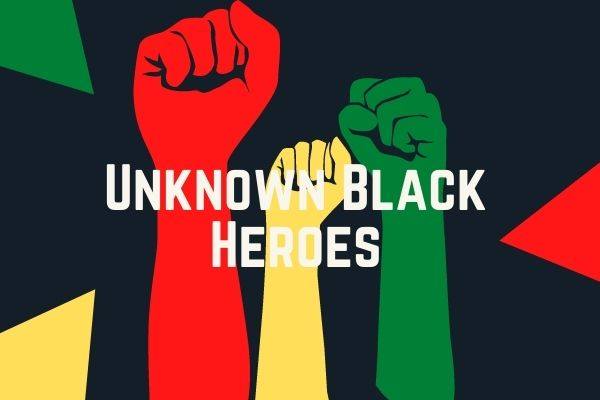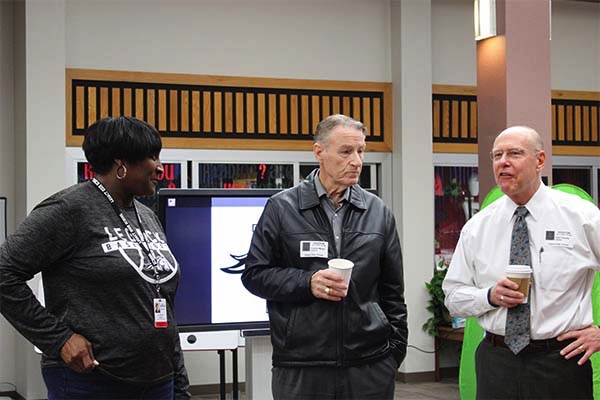
Growing up, Dr. Shelly Butler remembers hearing about her parents’ experiences drinking out of “black only” water fountains yet they still went on to earn Ph.Ds. Thinking about it now, Dr. Butler knows she lives her ancestors’ wildest dreams every day.
“I can literally imagine the conversation slaves had in late 1860 about their future and the future of their children – the dreams they spoke of that someday they’d be respected and revered as equal citizens of this country,” Dr. Butler said.
Dr. Butler’s grandmother had worked as a school cafeteria worker and her grandfather as a school custodian. During that time, those jobs were low-paying, but they were the only jobs African Americans were allowed to work.
“I live Black History every day of my life, not just in February,” Dr. Butler said.
Dr. Butler believes black history month has to do with pride. She wants future generations to keep fighting for what they have and not lose sight of the work of their ancestors.
“My hope for future generations of African American students – and really all students of every ethnicity and race- is that they don’t take this journey for granted,” Dr. Butler said. “Fighting for equality is a daily task. The fight never stops.”
Junior Jariah Giles also believes that during black history month we should remember our past ancestors and celebrate it not just for a month but every day.
“I think that it’s great to have black people recognized. I am truly grateful but it would be nice to get recognized other times,” Giles said.
Dr. Butler wants young people to keep remembering their ancestor’s past experiences to make sure their hard work doesn’t end up forgotten.
“If we are not vigilant and involved in this country’s political culture, we can find ourselves going backward and losing the very rights that our parents and grandparents worked for,” Dr. Butler said.



